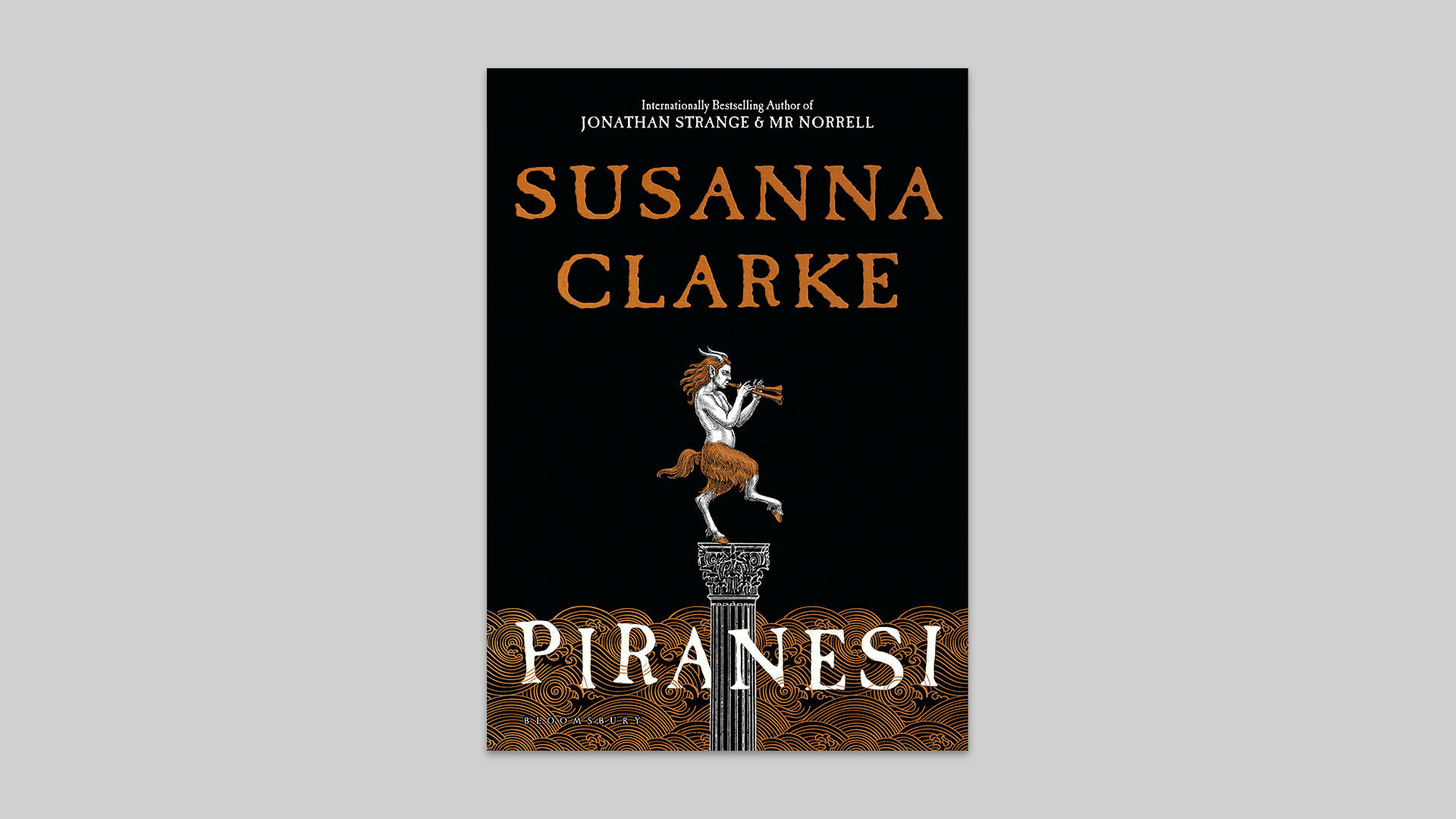Piranesi - Susanna Clarke
Do you sometimes feel like you have been tapped in a labyrinth? Revisiting the same rooms every day, looking out of the same windows, meeting the same person again and again? Well, if this sounds like the lockdown we are experiencing at the moment, let me tell you: This is nothing compared to the labyrinth Piranesi – the main character in Susanna Clarke’s book of the same name – has to endure.

As he wanders through an endless row of rooms in a museum-like house (simply called The House) for years he only ever meets one other person (appropriately named The Other). And The House is not the ideal place to shelter: Filled with an uncountable amount of statues, a dangerous ocean that sweeps through the rooms periodically, and its own weather system, it echos the real world – be it in a somewhat abstracted way. No Netflix, video-games or Zoom calls here.
One day, though, The Other warns Piranesi of the arrival of another human, who will bring danger and chaos to The House. This is were the story really kicks into high gear…
I was intrigued by the premise, not only because it resembles our current situation so much. The trope of being trapped in a magical house / location and needing to find a way out has always been fascinating to me. And in that sense I really enjoyed following Piranesi, as he learns more about the labyrinth, about himself and as he discovers the truth about The Other and the new arrival.
Throughout the book there is, however, an underlying thread of anti-progress / anti-innovation – of loosing touch with „the world“ thanks to technology blinding us to its wonders. I won’t go too much into detail here as it would spoil the mystery, but suffice it to say that I do not agree with that premise. As much as the book resembles our current situation, and as much I enjoyed seeing Piranesi figure our the truth behind the labyrinth, this is were it fails for me: There is no clearer sign than the incredible breakthroughs that we are witnessing right now in the fight against the pandemic, that innovation and technology are indeed humanities biggest strength, not blinding weaknesses.